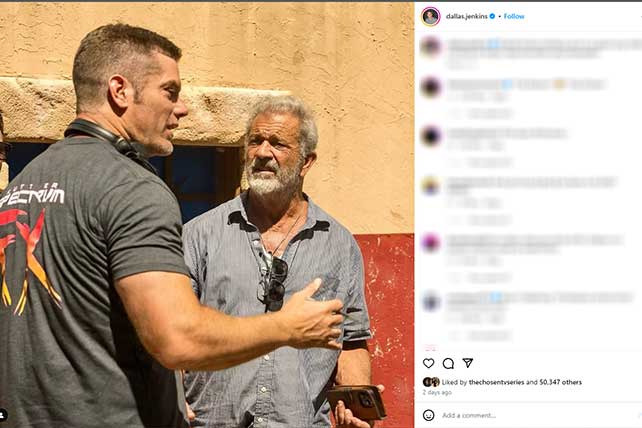I’m confident I can help people. I’ve learned a TON about digital leadership. I’ve gotten to practice it in some pretty great laboratories. I feel sure that I can help some people and I’m really pretty thrilled to do so.
It’s still a “scary” venture for me. Why? It’s not the thought of failing. Failing is just the process through which we learn how to succeed. My sense of trepidation is about something bigger than failure. It’s about the issue of value creation. Will I be able to create enough value to justify the investment I’m asking people to make in what I’m offering?
Don’t get me wrong. I believe the answer is a big YES. But in the trenches, when I’m planning out content and thinking through strategy, that’s when I feel quite driven to go far above and beyond what is expected. And therein lies a HUGE lesson about digital leadership. It’s all about creating value for people.
Digital Leadership
Whether you’re talking about…
The goal is still the same: Create actual value larger than what you’ve asked people to invest.
If I ask people to read a blog post, I want the blog post to exceed their expectations. If I coach someone, I want them to see actual results from the time we shared together. If I write a book, I want people to be overwhelmed by the contents.
Effective digital leadership boils down to creating more value for people than what they are expecting.
It’s the Chick-fil-A model of doing business. A clean table is the minimum expectation a guest will have of any fast-food restaurant, but fresh-cut flowers on the table? That’s way above and beyond!
So the big question is, how can I create actual value for other people?
1. Be determined to serve.
Creating value for others always starts with a mindset – a mental shift from consuming to contributing. You need to want to help people and choose to serve others instead of simply selling.
2. Know what value you can add.
You are gifted!
You may or may not believe that about yourself, but I believe it about you, because I believe that every single human being has been endowed with a unique mix of gifts, talents, and personality. God intended for you to be a contributor, so he put some good stuff inside your head for you to give away to others.
The question isn’t Can I contribute to others? It’s What should I contribute to others?
What are you passionate about? What do you find yourself teaching other people in random conversations? What do people naturally tend to come to you for help with?
3. Build relationships with people.
Nothing is more important than the relationships you build with your fellow humans. That includes family, friends, your church, and even potential customers and clients.
I love it when entrepreneurs and business owners start to think relationally instead of purely transactionally. It’s never about making a sale, it’s about making someone’s life better. It’s not about getting someone to make a purchase, it’s about establishing a mutually beneficial relationship with people.
If you don’t build relationships, you won’t have anyone to serve.
4. Know the needs of people.
Serving isn’t about fulfilling your needs. It’s about fulfilling theirs. So you need to know what your clients, customers, and friends actually need. This requires listening to people. Be sensitive to where people tend to get stuck, fall short, or feel inadequate. And be ready with help.
5. Create solutions to real life problems.
I happen to know that a ton of pastors and church leaders are unsure how to lead at the next level, so at pd.church, we’re creating real solutions and training for pastors.
I also know that a lot of leaders have the potential to significantly expand their influence using online technology and social media, but they’re not sure where to start. Serving is, in a sense, solving problems for people and offering solutions that work. Digital leadership boils down to creating content and starting conversations that solve problems and empower people.
If you make it about you and getting more people to like you, you’ll never be satisfied. But when you make it about helping people, you’ll find a ton of fulfillment in the journey!
This article about digital leadership originally appeared here, and is used by permission.


























